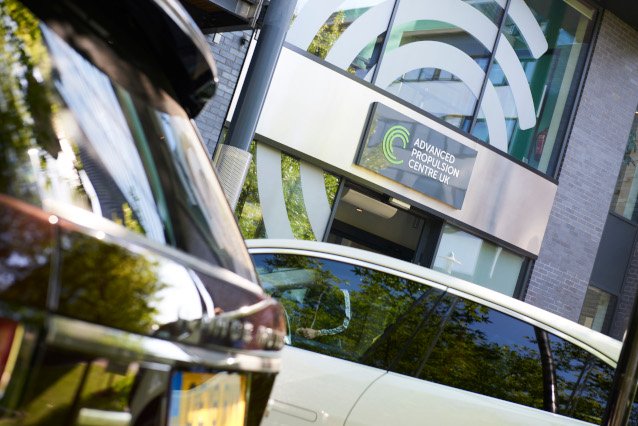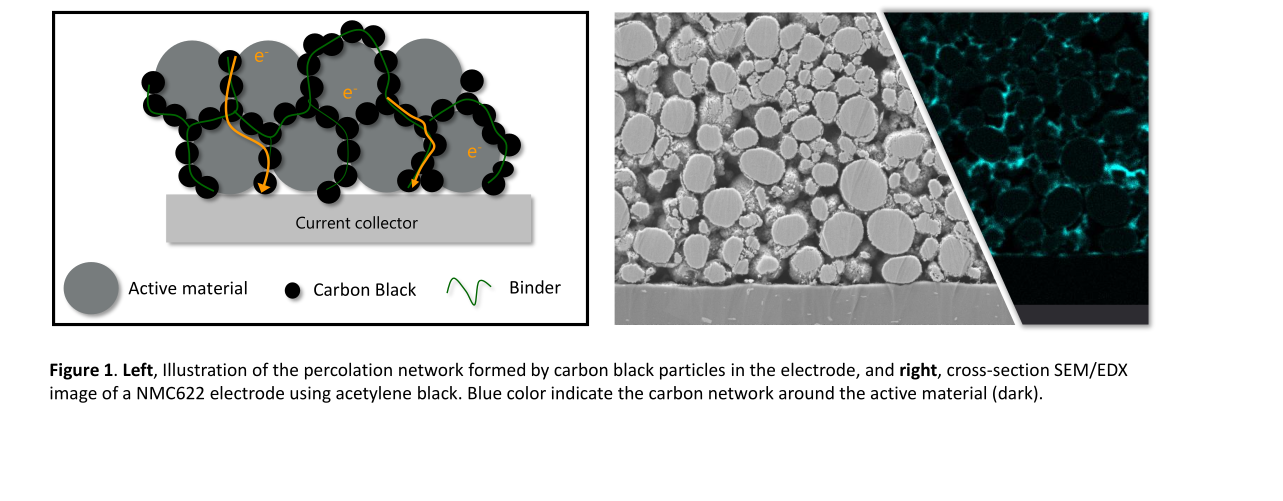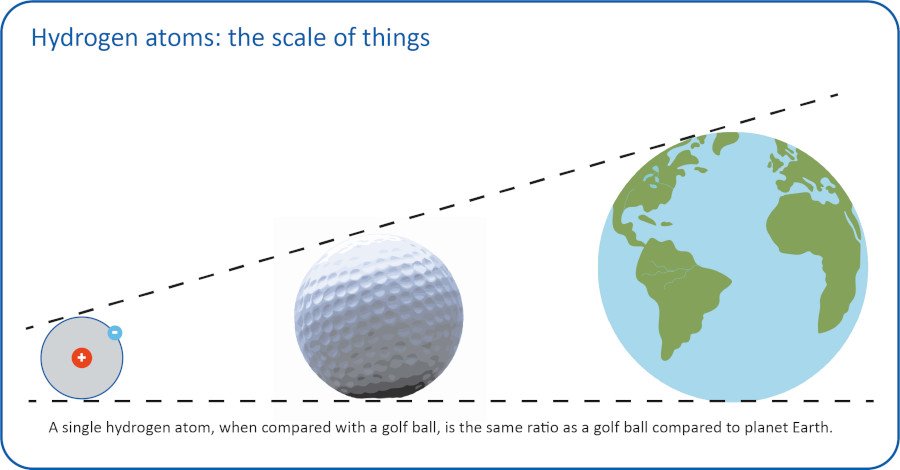
In June 2019, the UK became the world’s first major economy to put into legislation legally binding targets to reduce carbon and pollutant emissions. However, it is not just this commitment that puts the UK at the forefront of low carbon automotive manufacturing.
In 2013 the Advanced Propulsion Centre (APC) was set-up as a joint venture between the UK Government and the automotive industry to invest over £1 billion in projects that would position us as a centre of excellence for the research, development and production of low carbon propulsion technology. The projects it invests in are across four strategic technologies identified by the automotive council – electric motors and power electronics, energy storage and management, thermal propulsion system and lightweight vehicle and powertrain structures. Through its investment the APC aims to create or safeguard 30,000 jobs and save over 50 million tonnes of CO2 emissions while supporting UK expertise in technology for a cleaner automotive future.
Six years on, and the APC has just awarded its twelfth round of funding to five new projects committed to ensuring just that. Creating 2,230 jobs in research and manufacturing across the UK, these range from the development of high-performance battery packs and electrified construction equipment, to hydrogen-powered engines – as well as helping support the establishment of future supply chains.
The projects funded in APC12 were chosen for their contribution to the development of cutting-edge technology and their alignment to the UK’s modern industrial strategy. They include:
- ESCAPE, a collaboration with McLaren Applied Technologies, part of the McLaren Group, which creates an end-to-end supply chain for a key component to be used in all electrified vehicles, whether automotive, railway, marine or aviation.
- ZETE, a project with Tata Motors European Technical Centre Limited, which is developing an ultra-clean engine that reduces emissions in high pollutant sectors including heavy haulage, rail and shipping.
- H1perChain, led by Unipart Powertrain Applications Limited, this project will strengthen the UK’s battery industry by providing a cost-effective route for UK-manufactured batteries into domestic and export markets.
- AVID Technology are working with Caterpillar (U.K.) Limited on a joint project to develop a fully electrified construction machine.
- EV-LIFT, this project by YASA Limited aims to produce a best-in-class Electric Drive Unit for the next generation of Battery Electric Vehicles (BEVs).

The UK already enjoys world-class engine research-to-manufacture capability and, in 2018, produced over 2.7 million engines. However each year the demand is shifting further away from conventional powertrains towards electrified and hybridised ones. For this reason, the UK must ensure it has the capability to supply this demand as ICE technology continues to decline. This is why the APC has invested in the £108 million UK Battery Industrialisation Centre (UKBIC) – part of the Faraday Battery Challenge – the UKBIC will be an open R&D facility where companies can develop the processes needed to produce batteries at scale.
Over the next five to ten years the UK can expect to see dramatic changes in the industry, presenting new high-volume supply opportunities in electrification for not just tier one suppliers and OEMs, but also SMEs. The APC is very proud of the breadth of companies that it works with and all the projects that receive funding must include one SME. One such company, Hyperdrive, based in Sunderland, took part in a project funded by the APC where they worked with Nissan and are now supplying the company with locally-sourced cells for batteries rather than previously imported ones from Korea.
Such success stories are two-a-penny for the APC, but the challenge of developing technology for multiple vehicle life cycles and the pressure to find economically sustainable solutions remains at the forefront of their minds. Whilst the APC supports research into a vast number of alternative powertrain solutions, it is its role in bringing together collaborations that can address the commercial and mass-production issues that offers the UK its greatest opportunities. Project H1perbat, for example, brought together Williams Advanced Engineering (an innovative technology developer) with Unipart (an existing automotive supplier who has experience in high volume manufacturing) to create a joint venture, Hyperbat Ltd. With a new facility in Coventry it is the UK’s largest independent vehicle battery manufacturer – with Aston Martin as its first customer.
Looking ahead to the future, the APC is in discussions with the Automotive Council about expanding its remit in line with the UK’s industrial and automotive strategy. This will turn its attention to future trends, creating a consensus for the research agenda to 2040 and beyond. This will include all aspects of new mobility, including bus and truck, alongside smaller commercial and passenger vehicles. The APC is well placed to continue the vision that ensures the UK remains at the forefront of these technologies both in terms of early adoption, but also their design and manufacturing.
Applications for the next round of core competition funding – APC 14 – opens later this year. You can find out more by visiting www.apcuk.co.uk.







